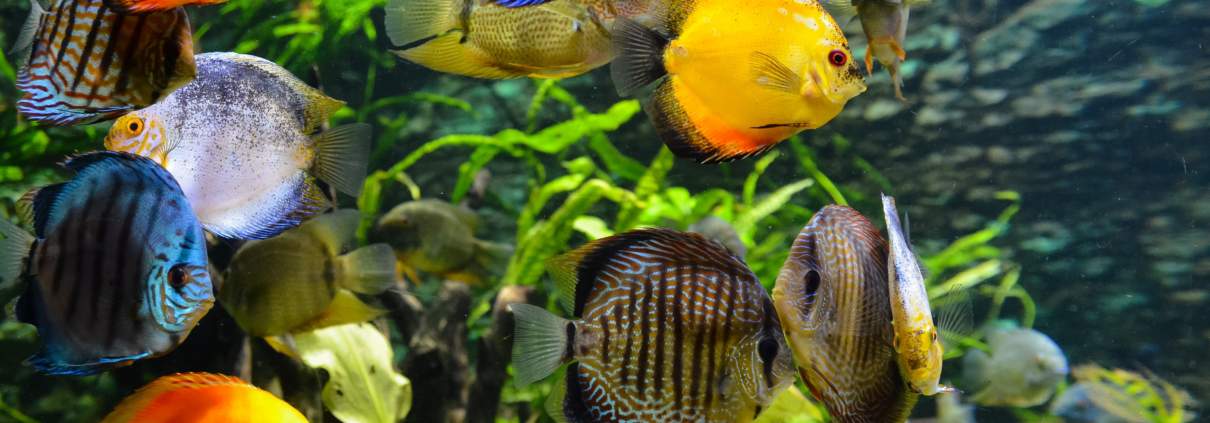|
Getting your Trinity Audio player ready...
|
Observing First to Understand
Having inherited a penchant for metaphors and analogies from my Dad, it’s always fun for me to find a new twist on something I’ve already been using for a while.
In conversations, I often talk about the aquarium in my office as a self-contained system, noting the fact that as an outsider I can see things going on inside that the fish themselves are oblivious to.
I then typically mention that if ever I were I to enter the tank, that would change the system in many ways, most of them negative.
Well, on a recent vacation to the Caribbean, I actually did enter the tank, in a manner of speaking.
An Unplanned Reef Stop
We were on a day-long boat charter when our captain noted that the water was calm enough that day for us to anchor near a coral reef to do some snorkeling.
This turned out to be the highlight of our whole week, and it hit me the instant I put my head into the water.
I quite literally imagined myself in my aquarium, as many of the fish there reminded me of some of my African cichlids back home, by some coincidence.
Here I was inviting myself into their system, yet given he enormity of the ocean, I was a largely unnoticed drop in the proverbial bucket.
Compare and Contrast
As I now contemplate this metaphor, there are many directions we could take.
The ocean is huge and might be compared to society as a whole, and we can think about what we can learn from a sociological perspective that can then help us when we deal with a smaller system, like a home aquarium or an extended family group.
We can also consider boundaries in each system, which can branch out into questions around who gets invited in, how the system protects itself from threats, and who gets to make the important decisions.
I decide who gets added to my aquarium, but I’ve lost count of how many times fish I chose to add were not welcomed, or if the were it was as a snack as opposed to companionship.
When I begin working with a family, I try not to make a splash, but it’s hard for me to go unnoticed like I did in the ocean.
A Tip of the Hat to Stephen Covey
The most important task for me after getting invited into a family system is to observe to learn.
I’m typically there because the family wants to learn how to work together better, but it would be crazy for me to walk in and immediately start barking orders at them.
It’s been many years since I wrote SFTU vs. STFU, but you may have noticed some foreshadowing about this in my first sub-head above.
In Covey’s watershed bestseller The 7 Habits of Highly Effective People,
he labels Habit #5 “Seek First to Understand, then to Be Understood”.
I’ve taken that to heart for my entire adult life, and it especially applies to my work with a family.
The View from the Balcony
In order to begin to understand how a family currently functions, we need to get close enough to the system to observe them in action.
At the same time, especially early on, we want to do this without the proverbial splash I noted above.
Back to metaphor-land, as I wrote in 2021 in Getting Vertical: From the Iceberg to the Balcony,
“A balcony is just high enough to allow you to see things differently while remaining close enough to stay in touch with the emotional field in the family group.”
During my snorkeling experience, I felt like I was in the “Goldilocks Zone”, where I was close enough to watch but without being a disturbance.
There was only one fish who appeared concerned enough with my presence to attempt to scare me off.
Working with a family, it’s also important to keep the number of those who wish to scare me away low!
Treading Carefully All the Time
As noted recently in Serving Families: Detective Skills Required it is so important to always tread very carefully at all times.
Those who do this work must continually remind ourselves that our role is that of a facilitator.
We are there to help a family navigate their challenges, as they hope to transition their business or wealth to the next generation.
It’s not about making a splash. It’s their family system, not ours.






